Last Updated on July 31, 2021
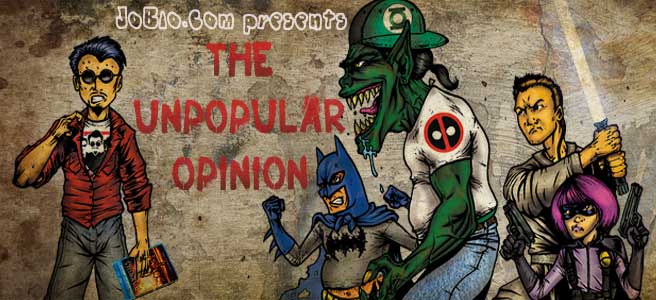
THE UNPOPULAR OPINION is an ongoing column featuring different takes on films that either the writer HATED, but that the majority of film fans LOVED, or that the writer LOVED, but that most others LOATHED. We're hoping this column will promote constructive and geek fueled discussion. Enjoy!
****SOME SPOILERS ENSUE****
This column has not been used to cover any television series in the past but in recent years, the small screen has transformed from the home of police procedurals and sitcoms to a powerhouse of original programming. The so-called "event series" has become very popular with series favoring a finite run of episodes and anthology formats. This has brought big screen talent to episodic television and audiences have been treated to some great results. The first season of Nic Pizzolatto's HBO series True Detective was a pop culture phenomenon. Full of philosophical ramblings and a chilling serial killer plot, True Detective benefitted from the brilliant casting of Matthew McConaughey and Woody Harrelson and the visual prowess of director Cary Fukunaga. One writer and one director for an entire season of television made True Detective feel like an eight hour feature film and one that will stand the test of time as one of the best series ever made. When season two debuted fifteen months after the freshman run ended, fan were expecting another dose of brilliance. Instead, the world collectively shit on the show and may have killed any chances of a third season.
The problem is that everyone that is criticizing the second season as an abyssmal failure are missing the fact that it is still a damn good season of television and better than almost anything else airing at the same time. Season two of True Detective is the polar opposite of the first season down to the fact that Nic Pizzolato did not pen every episode on his own and different filmmakers tackled each hour of the story. But, despite the story being more of a pulpy, modern noir, this season of the show maintains the series theme of modern masculinity. By doing so in a relatively formulaic narrative, many viewers seem to have missed the point of the season and immediatelt chalk it up as inferior to it's predecessor. The mistake here is that the audience that loved Rust and Marty and the whole concept of time as a flat circle assumed that we would be getting a variation on that tone and style. Well, what do we all know about making assumptions?

True Detective is a world full of despicable people. Some of these people are trying to be better and others wallow in their own doubt and shortcomings. There is nothing bright or happy about this world. While we have no confirmation that the two seasons exist in the same fictional universe, their tonal connection suggests a sense of apathy and dread where the only certainties are death and sadness. Season two drives these themes home much more effectively by spreading the doom and gloom across four primary characters, all of whom toil in the concept of modern masculinity: Colin Farrell's Ray Velcoro is a failed cop who let one bad decision ruin his marriage, Rachel McAdams' Ani Bezzerides is a hardened woman working in a predominantly male police force and dealing with her own past sexual trauma, Taylor Kitsch's Paul Woodrugh is a highway patrolman supressing his own homosexual desires, and Vince Vaughn's Frank Seymon is a gangster aiming to go legit but is drawn back into a life of organized crime. All of these characters could be boiled down to cliches and stereotypes and that is intentional. Seeing these character tropes in a formulaic setting as they deal with their demons is what makes this season work. This is a character study rather than a whodunit. The mystery is secondary to this story.
These broken people are the reason to watch the second season of True Detective. To be totally honest, I found the resolution to the first season's murder mystery to be very anticlimactic. The byzantine layers involving the Yellow King and a string of serial slayings going back years deserved a bigger ending than we got. But, in reflecting on the first run of episodes, I realized the development of Rust and Marty was really what I was watching for. With season two, I gave to shits about the mystery surrounding a murdered city official and the real estate at the center of it all. What season two did was give us twice as many primary characters as the last year but ones that were more messed up in every way. To not feel compassion for Colin Farrell means you have no soul. His downward spiral made him the lynchpin for all of the characters and his turn from good to bad and back to good was haunting. The final scenes of Ray Velcoro's life echoed the dream his father, a great turn by Fred Ward, had in an earlier episode which drove the sacrifice home while also having us question the meaning of it all.

As much as I enjoyed the tempered performance by Taylor Kitsch and the excellent dramatic turn by Rachel McAdams, I was enthralled by Vince Vaughn. Known for his comedic roles over the last decade, it was great to see Vaughn back in a serious role that gave him the chance to stretch himself as a thespian. It was clearly hard for many viewers to separate the star of WEDDING CRASHERS and DODGEBALL from the criminal on display here, but Vaughn manages to elevate his cliche role into something more frightening. Frank Seymon is a dangerous man and one whose story arc is the most separated from the other main characters but still manages to be one of the more complete tales during the season. If anything, Frank's death march through the desert serves as one of the most vivid and chilling sequences on this or any other series. I felt pangs of compassion for Frank and saw echoes of Vincent D'Onofrio's portrayal of Wilson FIsk in this role. Vince Vaughn is truly a talented actor who deserves more roles like this.
While the series features the musical oversight of T-Bone Burnett and a surreal title sequence, everything else is very different in season two. Cary Fukunaga was heralded as an auteur after directing the entire freshman run of the show, but here we have a mix of filmmakers of various experience. From FAST AND FURIOUS and STAR TREK BEYOND helmer Justin Lin to BROOKLYN director John Crowley (responsible for that haunting desert march sequence), True Detective's second season was a mix of small screen filmmakers to documentary directors and the aforementioned big screen helmers. The season has a consistent feel and style but manages to maintain a freshness that differed only slightly from week to week. While directors like Fukunaga and Steven Soderbergh (The Knick) can offer a thread of commonality through a run of a show, the mix of directors here does not lessen the impact of the show one bit. That is because writer Nic Pizzolatto has a credit on every script in season two, only two of which were co-written with Scott Lasser. This season is still the effort of an extremely talented writer who just happened to give a story that is nothing like what he created previously. That is what makes this season so much better than people give it credit for.

When watched serially, True Detective's second season may not have flowed with the same edge of your seat grandiosity as the first year did. There weren't many cliffhangers, aside from that "is he dead?" scene that closed out the second episode. The biggest complaint I heard about the season was that it felt like it wasn't going anywhere and failed to maintain the same focus and attention as the first run did. I implore you to revisit it as a binge-watch session and see if you feel the same way. Both seasons of the show operate very differently when watched in a minimal number of sittings. In fact, the second season begins to feel more like Michael Mann's HEAT crossed with Twin Peaks and that is high praise in my book. True Detective was never intended to be one thing or another but serve as an anthology with a wide range of stories to tell. The third season, if one ever happens, will hopefully be absolutely unrecognizable compared to either of the seasons that came before it as this format should be one for experimentation and challenging the ideas of what a mystery is while still analyzing the question of what it means to be a man in world that has no room for weakness. True Detective's second season is a worthy chapter to stand next to the first and is must see viewing for anyone who hasn't given it a chance.


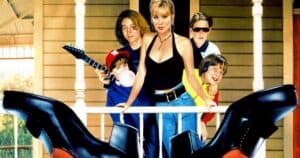
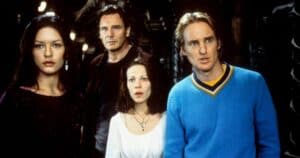
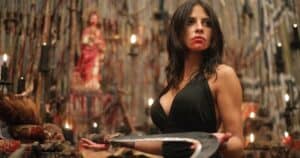
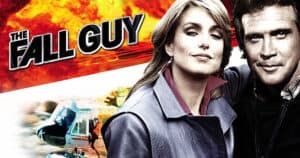
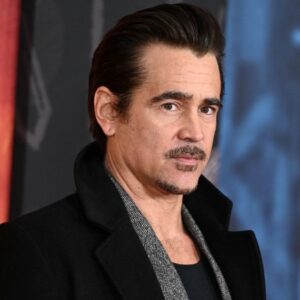
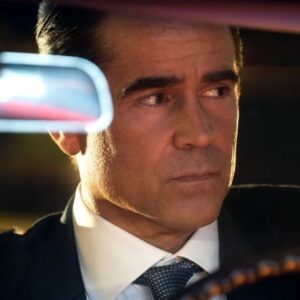
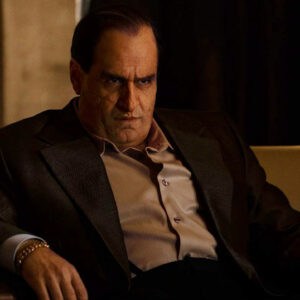
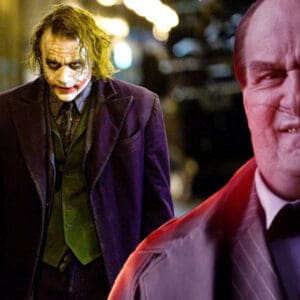
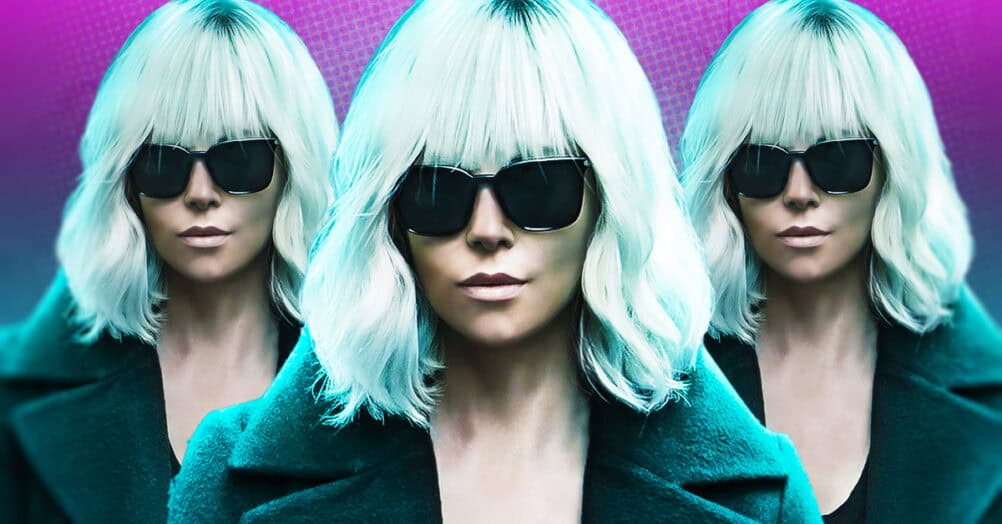
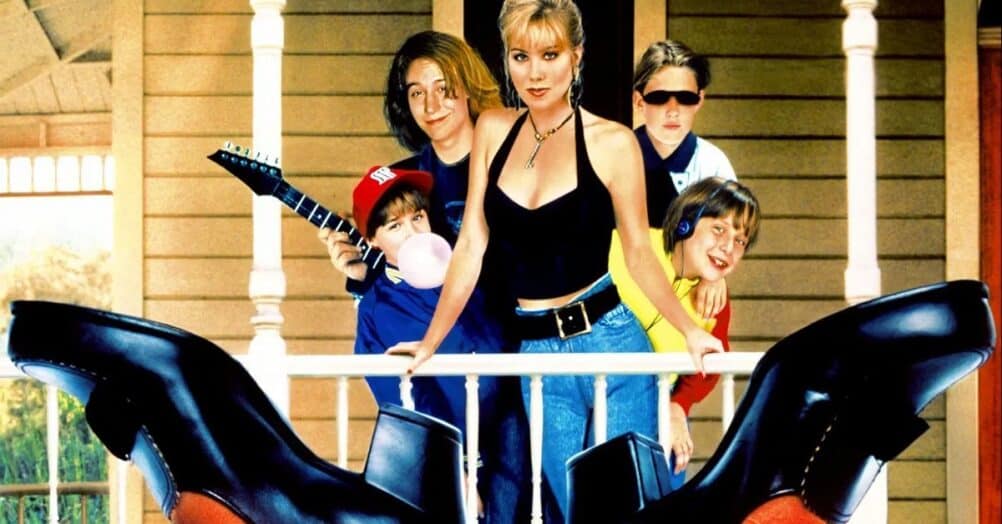
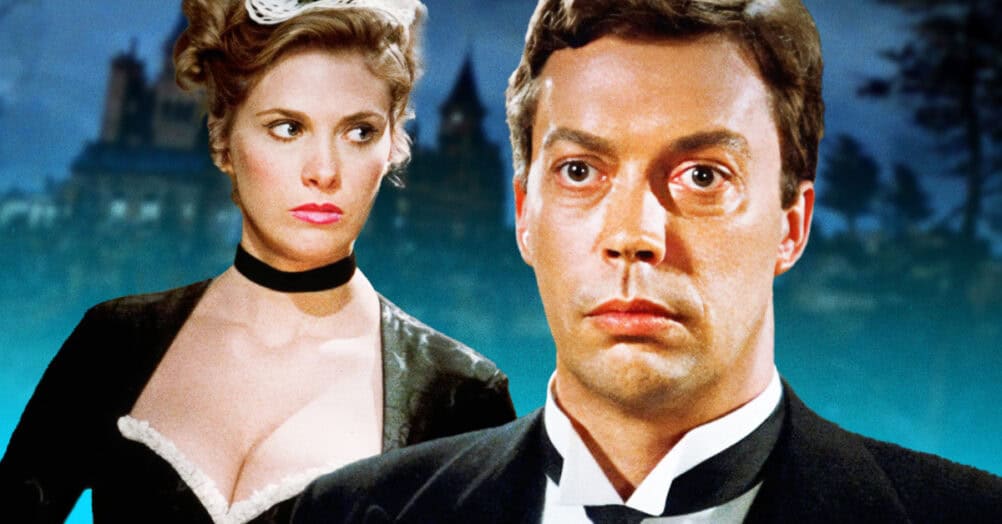
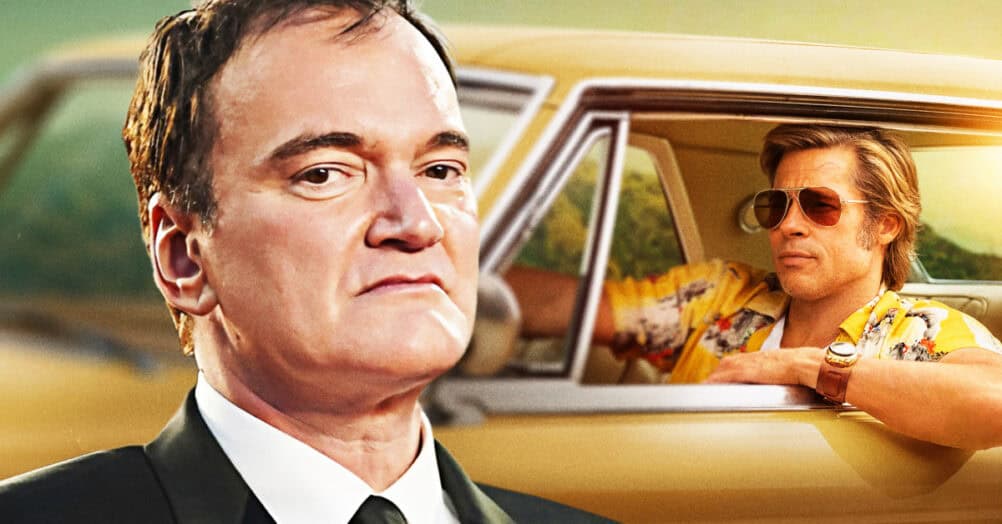
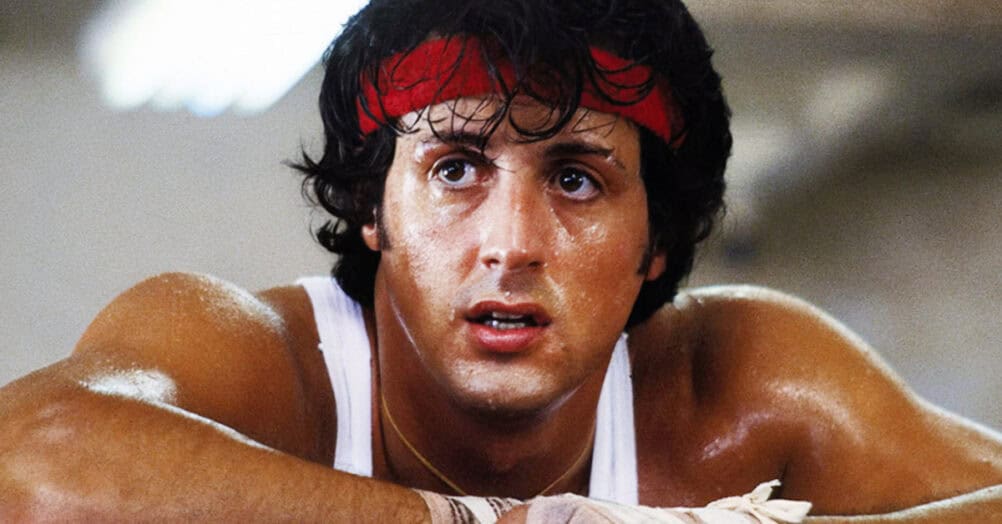

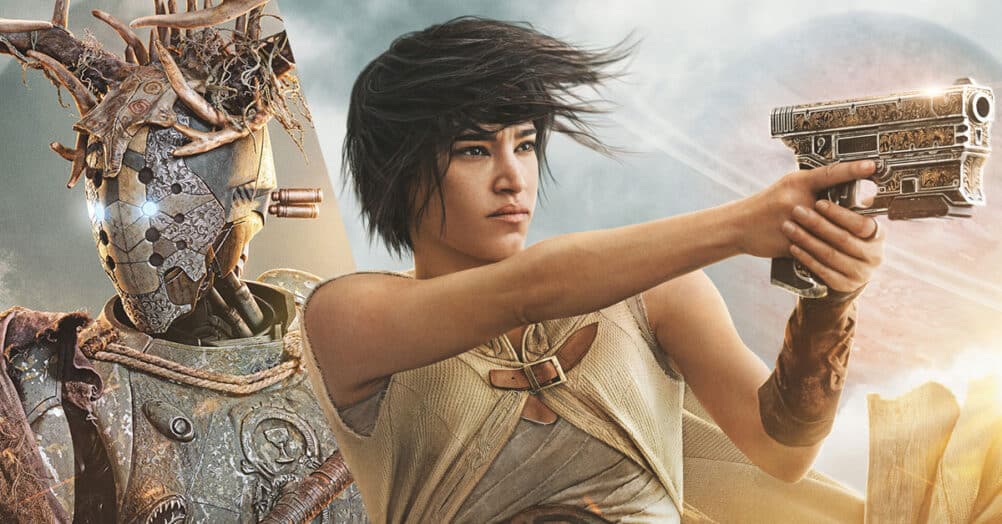
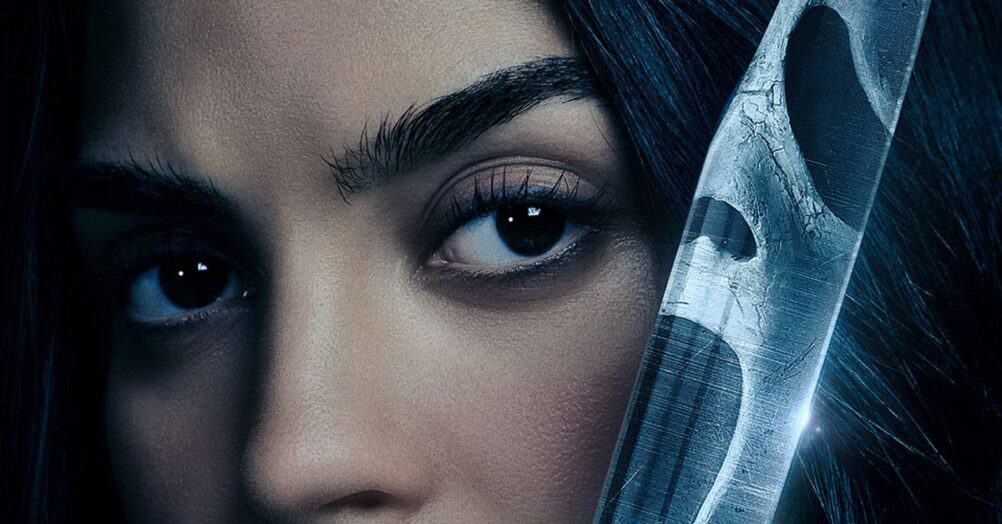
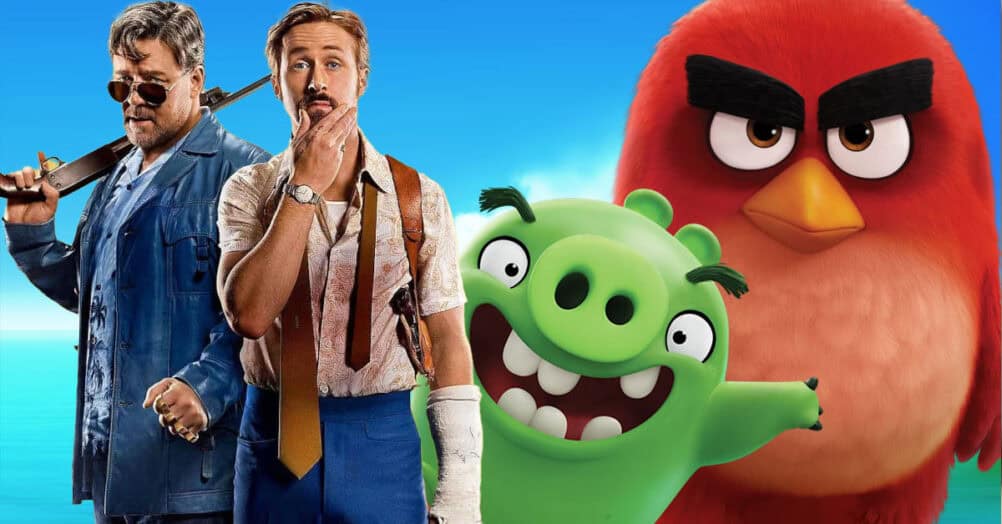
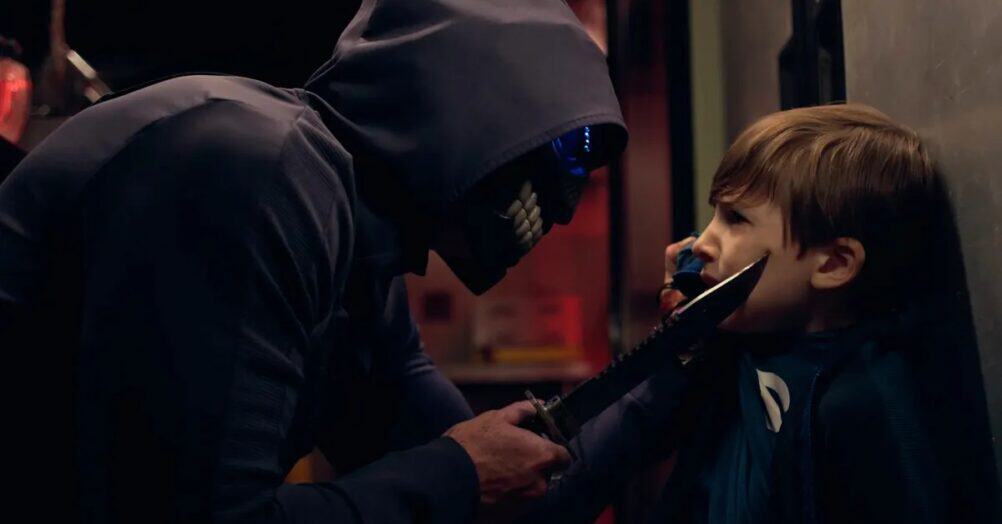
Follow the JOBLO MOVIE NETWORK
Follow us on YOUTUBE
Follow ARROW IN THE HEAD
Follow AITH on YOUTUBE